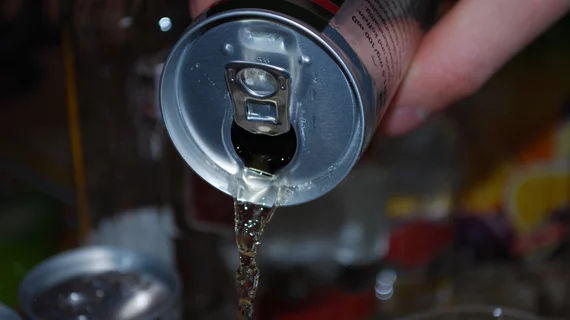Caffeine, energy drinks and other natural supplements can cause heart damage, cardiologists warn
Consuming ‘natural’ nutritional supplements such as caffeine and energy drinks to improve your athletic performance can cause significant heart damage, according to a new position statement from the European Society of Cardiology.
The document, published in the European Journal of Preventive Cardiology, highlights the potential harms associated with abusing these supplements. The “more is better” philosophy often seen in athletics, the authors warned, “may result in side effects that outweigh the performance benefits.”
“Caffeine is a prime example of a natural substance that is considered safe,” first author Paolo Emilio Adami, PhD, a sports and exercise medicine specialist with World Athletics, said in a prepared statement. “While caffeine improves performance, particularly aerobic capacity in endurance athletes, its abuse may lead to fast heart rate (tachycardia), heart rhythm disorders (arrhythmias), high blood pressure, and in some cases, sudden cardiac death.”
Adami also warned against making your own “mix or cocktail of substances” to improve athletic performance, something that is being seen more and more in athletics.
“Athletes should be aware that natural supplements and substances are not necessarily safe and should only be used if recommended by professional nutritionists,” he said. “It is fundamental to use products from well-established manufacturers with known and internationally approved good quality standards.”
Read the full position statement here.

